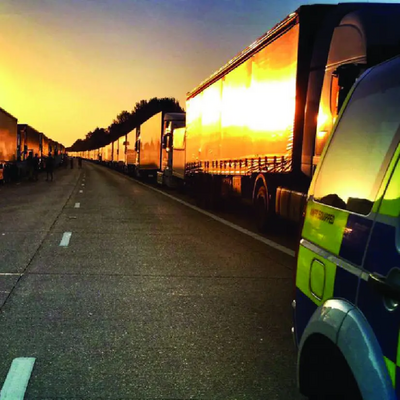How can local councils prepare for the implications of Brexit?

We've seen it reported that the Government has put aside sums of money to prepare for a no deal Brexit. Some of that money is to be spent on stockpiling food. That's how serious Brexit could be for Britain. So serious we need to stockpile food.
Folkestone and Hythe will be at the rough end of any fallout from Brexit. We have some of the most deprived wards in the country, coupled with being reliant on some of the most important road and rails routes to and from the continent.
Our local councils will need to create an emergency plan on a par with the extreme weather and nuclear incident plans that they already have in place. This plan will need to outline how vital supplies and infrastructure will be protected.
Current plans for a moveable barrier on the M20, for example, are looking at a deployment time of up to two weeks. This is totally unacceptable and could lead to complete gridlock on Kent's roads unless plans for managing traffic flow on all routes are considered.
It's welcome that concerns about this, and the delay in a potential parking solution until 2023, have been noted by Kent County Council. They can follow this up by planning and signposting alternative routes between Kent's towns and villages to keep as much traffic flowing as possible.
But food, drink and medicine will be the major concerns for most people. Local councils should stockpile what they can, in partnership with the NHS, as well as increasing support for local food banks and charities through ward and council grants.
It might seem like project fear, but a no deal Brexit needs to be planned for. Only then can councils look at what might be possible should Brexit not be the unmitigated disaster many expect.